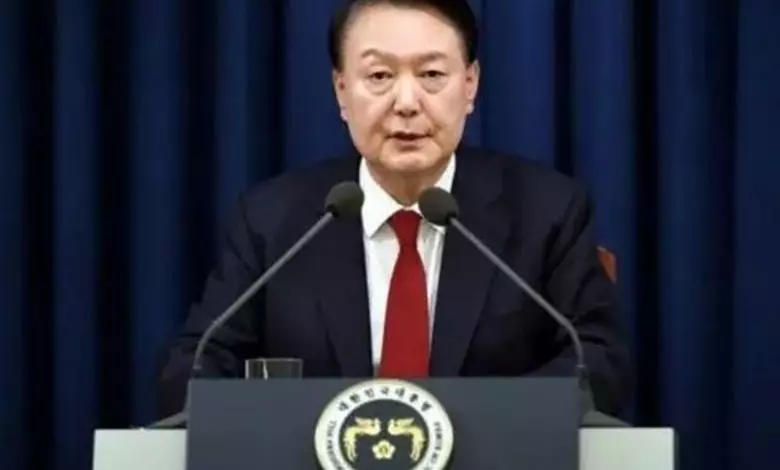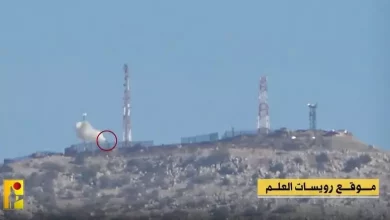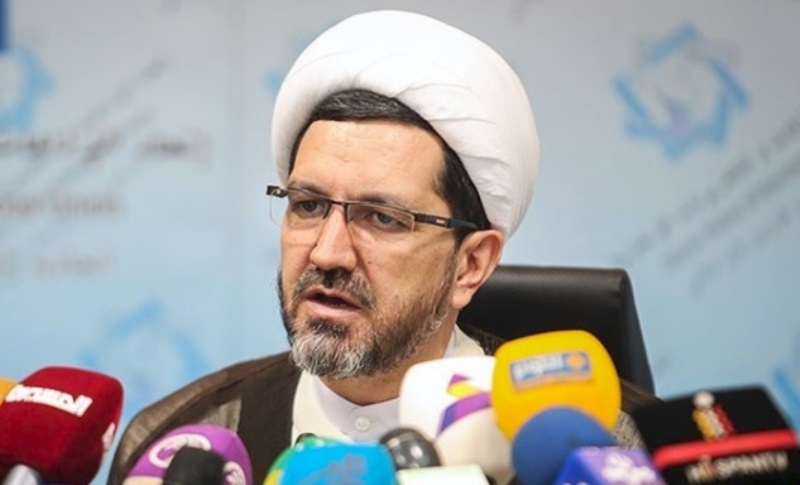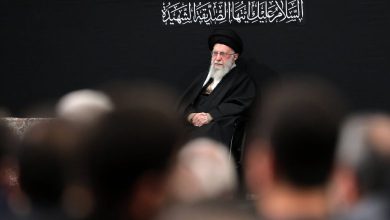S Korean President confronting an impeachment vote amidst an investigation into allegations of treason
South Korean opposition legislators announced on Thursday their intention to move forward with an impeachment vote against President Yoon Suk Yeol this weekend, following his alleged mishandling of an attempt to implement martial law. Meanwhile, law enforcement authorities have initiated an investigation into accusations of treason leveled against President Yoon and key members of his administration.

In a bold move late Tuesday, Yoon announced the imposition of martial law, aiming to tighten his grip on authority by prohibiting political activities and implementing media censorship.
The recent incident has ignited widespread protests across South Korea and raised apprehension among the country’s global partners. Following the controversial recommendation, the defense minister has tendered his resignation.
Representatives from the opposition Democratic Party have scheduled a parliamentary vote to initiate impeachment proceedings against President Yoon, set to take place at approximately 7 p.m. local time (1000 GMT) on Saturday, according to a statement from a party spokesperson.
Democratic Party legislator Kim Seung-won addressed the National Assembly, stating that the emergency martial law implemented by President Yoon Suk Yeol’s administration has incited significant confusion and fear among the populace.
The ruling People Power Party, led by Yoon, is experiencing internal divisions regarding the ongoing crisis, yet it has declared its opposition to impeachment proceedings. As the party navigates this period of turmoil, it faces the remaining two years of Yoon’s five-year term.
In order to secure the passage of the bill with a two-thirds majority in the 300-seat parliament, the Democratic Party must gain the support of at least eight lawmakers from the 108-member ruling party bloc.
In a strategic move to secure his political standing, President Yoon has accepted the resignation of Defense Minister Kim Yong-hyun. On Thursday, he announced the nomination of Choi Byung-hyuk, currently serving as the ambassador to Saudi Arabia, as Kim’s successor.
According to statements from the interior minister, a senior military official, and an impeachment filing by the opposition, Kim had suggested that Yoon impose martial law on Tuesday.
In a recent development, North Korean leader Kim Jong-un has directed the deployment of military forces to the country’s parliament. This was confirmed by Vice-Defense Minister Kim Seon-ho, who noted that he had not been informed of the imposition of martial law until President Yoon’s official announcement.
During a parliamentary hearing on Thursday, Kim Seon-ho expressed firm opposition to the deployment of military forces under martial law, stating his disapproval of such actions. Kim also issued an apology and accepted responsibility for not successfully averting the situation.
According to Yonhap News Agency, the chief of South Korea’s army has submitted his resignation.
The head of the national police’s investigative division testified at a parliamentary hearing, affirming that the police force is actively probing allegations of treason and associated offenses in connection with the imposition of martial law. The allegations were brought forward by an opposition party alongside various activist groups.
The investigation encompasses President Yoon, his Interior Minister, and the recently dismissed Defense Minister.
According to reports from Yonhap news agency, both the prosecution and the Corruption Investigation Office for High-ranking Officials have received complaints and are currently deliberating on whether to initiate investigations.
According to reports from broadcaster YTN, the former defense minister has been subjected to a travel ban as ongoing investigations continue.
In a recent statement, Japanese Prime Minister Shigeru Ishiba expressed concerns over potential shifts in the nation’s security landscape, citing mounting instability in Seoul and North Korea’s increasing military assertiveness as key factors driving these changes.
“There is significant domestic criticism and opposition concerning the future of South Korea,” he stated in parliament. He emphasized that President Yoon’s initiatives to strengthen ties with Tokyo “must not be compromised.”
As of now, North Korea has not issued any official response to recent developments unfolding in the South.
US Secretary of State Antony Blinken revealed to Reuters on Wednesday that the United States had not received prior notification of President Yoon’s announcement. Additionally, his deputy, Kurt Campbell, criticized Yoon’s decision, describing it as a significant miscalculation.
The United States maintains a contingent of 28,500 military personnel in South Korea, a strategic presence that dates back to the Korean War between 1950 and 1953.
General Paul LaCamera, the commander of US Forces in Korea, has issued a cautionary directive to American military personnel, urging them to remain alert and steer clear of protest zones. He also advised service members to inform their superiors of any travel itineraries to prepare for any unforeseen developments.
Yoon has been welcomed by Western leaders as a key ally in the United States’ initiative to consolidate democratic nations in response to the rising tide of authoritarianism.
He sparked concern among South Koreans by labeling his detractors as “communist totalitarian and anti-state forces.” In November, he refuted allegations of influence-peddling involving himself and his wife, asserting his innocence. Additionally, he has maintained a firm stance against labor unions.
In a dramatic turn of events, the impeachment plan comes on the heels of unrest following President Yoon’s declaration of martial law. Armed forces sought entry into the National Assembly in Seoul but retreated after parliamentary aides deployed fire extinguishers as a defensive measure.
The commander of the martial law forces assured that there was no plan to use firearms against civilians, while Vice Defense Minister Kim confirmed that live ammunition had not been issued to the troops.
Democratic Party representative Kim stated, “The individuals and aides who shielded the parliament did so with their very bodies. The victory belongs to the people, and the moment has arrived for us to safeguard them.”
Numerous demonstrators have expressed concerns about the potential resurgence of authoritarian rule and the imposition of martial law, reminiscent of the eras that dominated South Korea’s post-war history.
At a demonstration held outside the parliament on Thursday, protester Kim Hye-Min emphatically declared, “This must be halted for the sake of my children, at all costs. We cannot revert to the conditions of the 1970s.”
The recent turmoil has sent shockwaves through global financial markets, impacting South Korea’s primary stock index, the KOSPI (.KS11). Currency traders on Wednesday reported potential state intervention efforts aimed at stabilizing the won.
Should the impeachment bill be approved, South Korea’s Constitutional Court will subsequently determine whether to affirm the motion, a deliberative process that could extend to 180 days.
In the event that Yoon is temporarily unable to exercise his duties, Prime Minister Han Duck-soo is set to assume leadership responsibilities.
In the event of Yoon’s resignation or removal from office, a fresh election would be mandated to take place within a 60-day period.
In a highly contested and historic presidential election in South Korea in 2022, career prosecutor Yoon emerged victorious by a narrow margin. His win was significantly propelled by widespread dissatisfaction stemming from economic policies, scandals, and ongoing gender disputes.
His approval ratings have remained stagnant at approximately 20% for several months, while the opposition secured nearly two-thirds of the parliamentary seats in the election held in April.




